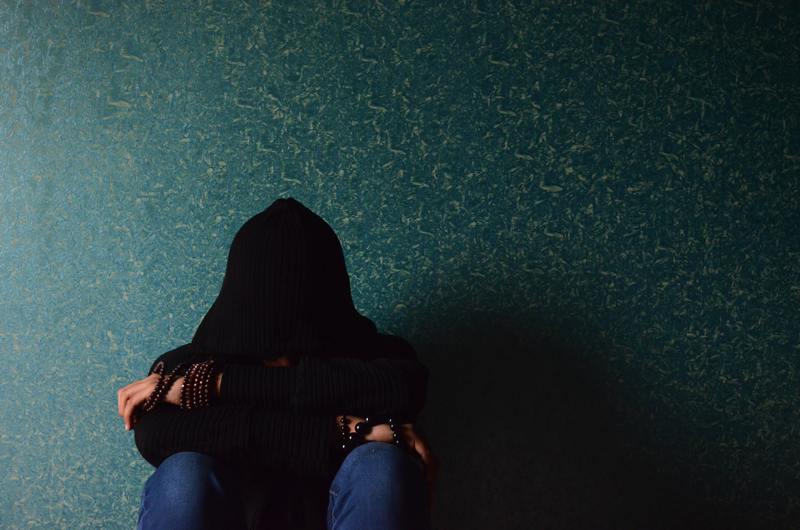Young people should be treated as one of the priority groups in Belgium's coronavirus vaccination strategy, according to psychologist Inez Germeys (KU Leuven).
On a psychological level, young people have suffered relatively badly from the lockdown and the restrictions imposed to contain the coronavirus, according to Germeys.
"We have been putting the development of young people 'on hold' for a long time now. What the precise consequences of this will be is still unclear, but it definitely involves risks," she said on Flemish television on Thursday (video).
"Going out, seeing friends, young people need that to become healthy adults," Germeys said.
"Do not forget that even before the first lockdown, 20% of young people were already suffering from moderate to severe mental health problems," she said, adding that those issues "obviously" did not improve in April.
The second wave likely weighs even more heavily, according to Germeys, as the situation has been going for so long and the perspective has changed.
Related News
- Care homes, healthcare, hospitals: Belgium's vaccination order explained
- Will rules relax, who's first? Vaccine questions answered
- Belgium reveals coronavirus vaccination strategy
"During the first lockdown we all thought it would soon be over and we could make the effort more easily," she said. "But then we did not know that we should not celebrate Christmas together."
As of yet, there are no figures on the mental well-being of young people during the current second wave of infections, but testimonies show that it all weighs quite heavily, according to Germeys.
Just because social interaction is a basic needs for young people in such a crucial stage in their lives, the restrictions have hit them extra hard, she said.
"Opinions are very divided: some people think this generation is pampered, others do not think so. But the fact remains that for them, [social contact] was a basic need," Germeys said.
Which is exactly why youth should be added to the priority groups for vaccination. "They must become one of the priority groups, after the healthcare sector, of course."
However, infectious disease expert Erika Vlieghe stressed that it is not that young people are not seen as important.
"The problem with young people is not that they themselves, as a group, become sick, but that they could infect their parents and grandparents," she said. "And if those people are already vaccinated, the problem becomes smaller, for young people as well."
While virologist Marc Van Ranst said that he understands the plea, he said that there are also other priority groups, besides the elderly and the healthcare staff, who could end up in intensive care without a vaccination.
"Whatever choice we make for the vaccination strategy, there will always be criticism," he told VRT. "Let us just hope it all goes quickly after the first batch."
Maïthé Chini
The Brussels Times

